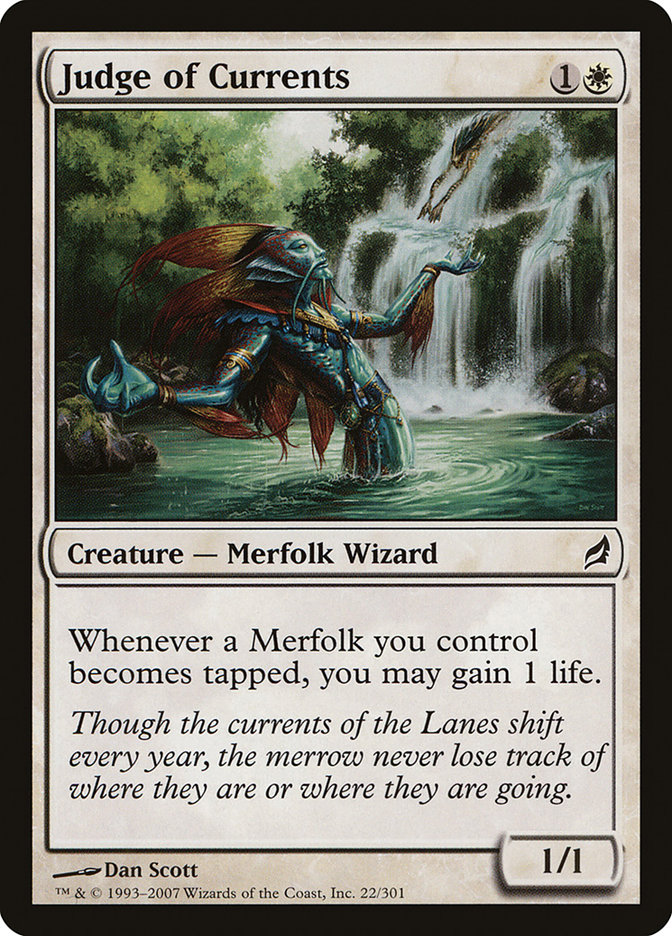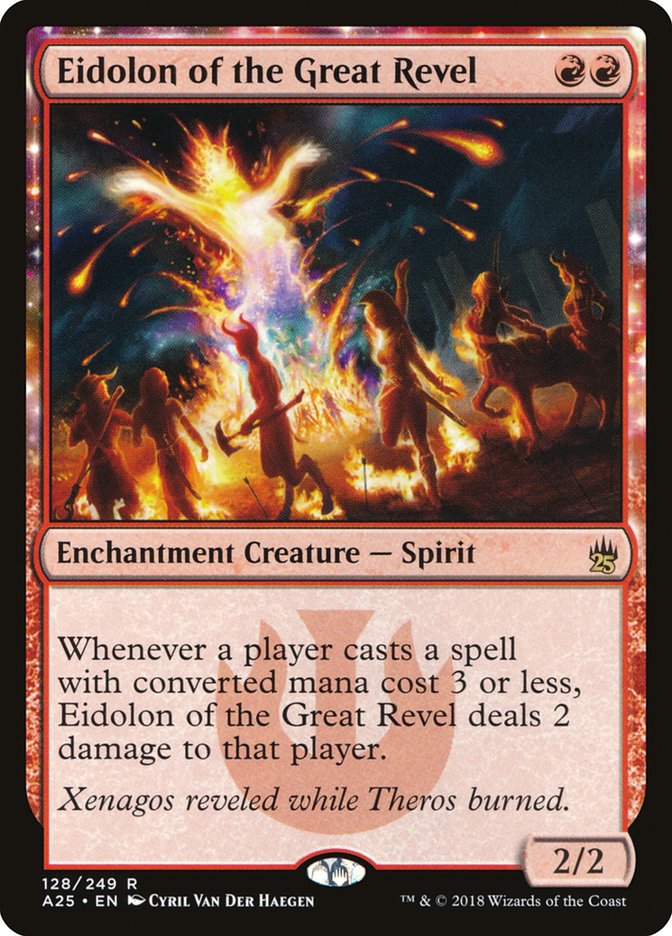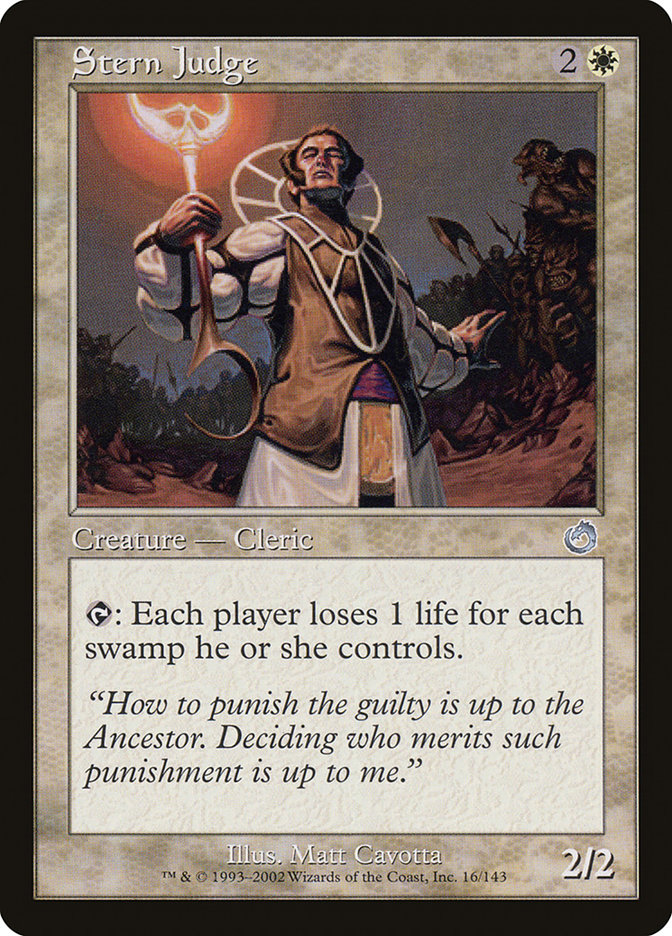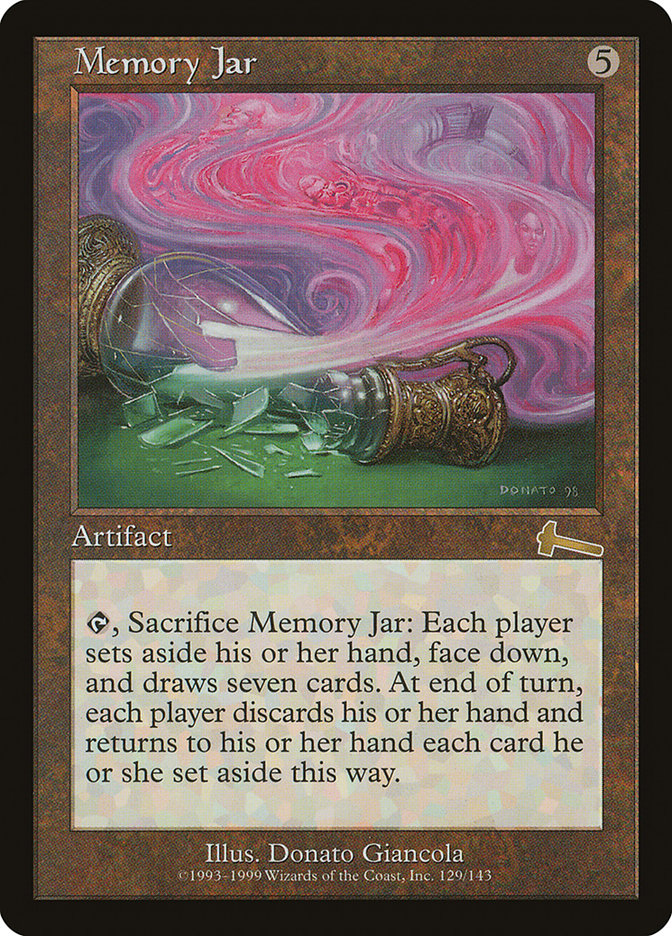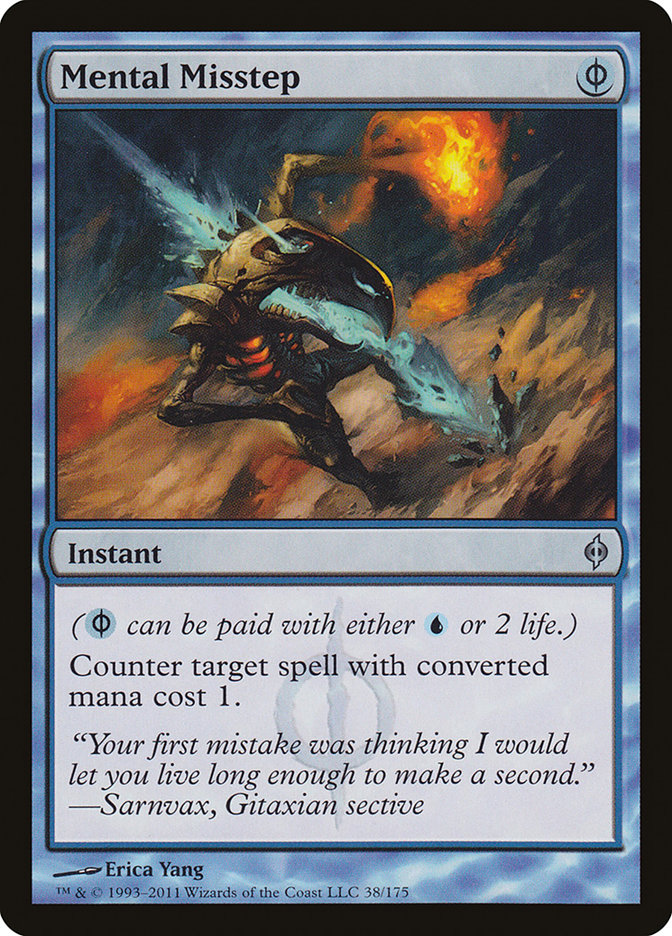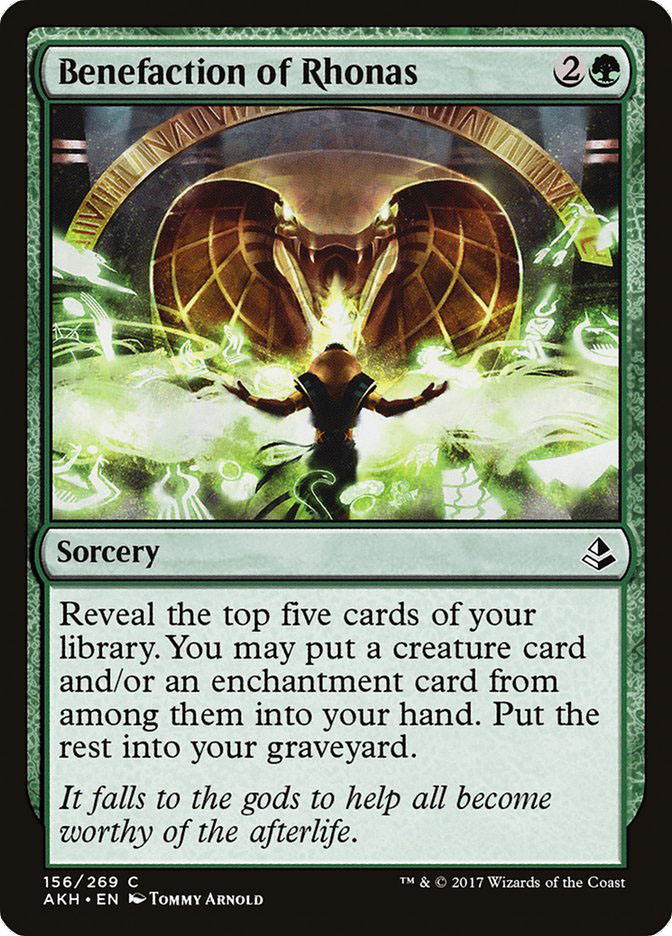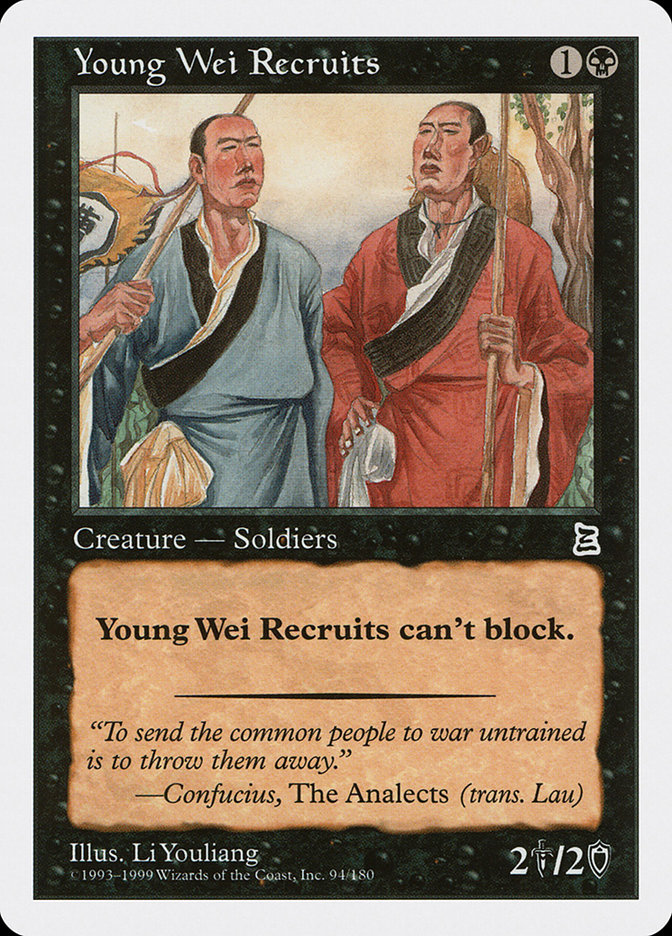Last week, I wrote an article in which I laid out a scenario where my good friend Elliot was faced with a decision on what to do when his opponent pointed out that they thought they had missed an Eidolon of the Great Revel trigger on one of Elliot’s spells.
I thought it was an interesting scenario because Elliot was also unsure of whether his opponent had actually missed the trigger, so he wasn’t sure if he should call a judge proactively in this situation or wait for his opponent to call a judge if they wanted their trigger. I also thought that digging into the situation was beneficial because it ended with the lesson that we should be doing more to encourage players newer to the tournament scene to call a judge more often.
I was surprised, however, when I started reading through the comments on this article. A lot of people brought up the fact that they would have just let their opponent have the trigger. Some people even went as far as to say that they viewed any actions other than allowing their opponent to have this trigger as immoral.
I hadn’t expected that, because the option of simply letting my opponent have a trigger that I thought they had missed never really crossed my mind, and yet it was the most talked-about topic in the comments.
So today, I want to talk about my perspective on this subject. It’s a topic not often addressed, but I think that it’s important to do so because there seems to be a lot of misunderstanding surrounding this issue.
First, I want to clarify that this scenario happened during a Competitive Rules Enforcement Level tournament. Many players may be used to playing at a Regular Rules Enforcement Level, such as FNM at their local game store. The atmospheres during these two Rules Enforcement Levels are different and policy surrounding tournament procedure even more so.
At Regular REL, the tournament is meant to be a way for players to play Magic in a friendly and welcoming environment. It’s not a place for players to fight over missed triggers, and I believe it would be silly to do so there. If you are used to playing at Regular REL, I can see how you might be confused about the scenario I laid out about the missed Eidolon of the Great Revel trigger.
At Competitive REL, things are different. Players are expected to have an understanding of Magic: The Gathering Comprehensive Rules as well as Magic: The Gathering Tournament Rules. These rules not only cover the rules of the game itself, but also rules about tournament procedure at Competitive and Professional events.
At a Competitive event, I expect my opponent to understand that they’re responsible for announcing their triggers as soon as they affect the visible game state. In the instance of an Eidolon trigger, life totals are affected immediately, so their trigger must be announced immediately. If my opponent fails to announce this trigger on time, I will assume they have missed it and will continue to play the game as normal. At no point would I consider reminding my opponent of their beneficial trigger.
The comments on my previous article brought up some interesting perspectives that some people had on this situation, and I’m going to address a few of them here.
1. “I don’t want to win that way. It feels illegitimate/immoral/scummy.”
This is something that I can only share my personal perspective on. I’m not going to tell anyone that they’re wrong for feeling this way. If you don’t want to win this way, then great, you’re perfectly within your right to remind your opponent of whatever you wish during a match. But I’m going to explain why I personally do not feel this way.
I view remembering these triggers as just another part of playing the game in paper. So, in a way, I view remembering your beneficial triggers the same as I view remembering to attack for the turn. Failure to do so is a mistake that you’re responsible for and you shouldn’t expect your opponent to remind you about taking these actions in a Competitive event.
When two players sit down across from each other to play Magic, I see two skilled warriors sitting down to do battle. They’re there to test their mettle against their opponents. They’re there to outwit, outplay, and outmaneuver their opponent. Let this be our battlefield. These games are won and lost by the smallest of margins. Often these margins show up as mistakes made by a player.
For me, part of being better at the game means being able to make fewer mistakes than your opponent. Everyone is going to make plenty of mistakes in every game they play, but the better you get, the fewer mistakes you will make. Sometimes these mistakes can show up as incorrect in-game decisions, but other times they can show up in other ways, such as forgetting to attack or forgetting to announce your trigger.
In my mind, Magic is great because there’s so much room to outmaneuver and outplay people. For that to exist, it must be possible for players to make mistakes. If this wasn’t the case, we might as well just roll dice and see who ends up lucky. The competition would be gone. The drive to get better would be gone.
So why should it be my responsibility to remind my opponents to take these actions? I don’t think anyone would remind their opponent to make a better play in a Competitive event or remind them to attack. So why should we remind our opponents about their triggers? I’m here to try to play better than my opponents to win. If I were to remind them all how to play better against me, that feels disrespectful to the time and effort I have put into getting better at this game.
2. “It is not a ‘may’ trigger, so it must happen.”
This is a common misconception about tournament rules. It’s confusing because some triggered abilities have the word “may” in them, and some don’t.
The word “may” in a triggered ability has no bearing on whether the triggered ability can be missed. The key to understanding whether a trigger can be missed in tournament Magic comes down to whether the trigger is beneficialor detrimental.
Any triggers that are considered detrimental cannot be missed, and if the players notice that the detrimental trigger was missed later in the game, the trigger will be placed on the stack at the earliest opportunity. Any beneficialtriggers can be missed, whether or not they say “may.” This is because there’s no room for abuse on missing your beneficial triggers, as they will always be a benefit to you and there would be no advantage gained by missing them, so it’s assumed that you have simply made a mistake if you miss a beneficial trigger.
For more information on what defines a detrimental trigger, Magic Judges has some excellent resources.
3. “Isn’t not reminding your opponent of their trigger cheating, if you know it should have happened?”
No. If you fail to announce your own triggers, and you knew that they were supposed to happen, that’s considered cheating. But there’s no penalty given for not reminding your opponent of their triggers. More details at Magic Judges.
4. “Would warnings be issued in a judge call over missed triggers?”
There are no warnings given for missing beneficial triggers. I feel it’s very important to make this clear because this is one of the biggest arguments I hear for not calling a judge. Warnings exist to keep record of infractions that could potentially be abusable. But missing a beneficial trigger isn’t something that’s abusable, so there’s no need for there to be a warning.
A judge call in the Eidolon of the Great Revel trigger scenario would simply exist to determine if the trigger was in fact missed. The fear of receiving a warning is no reason to not call a judge (ever, really, but especially in this scenario).
5. “The opponent was clearly new, so you should have just let them have it.”
In a Competitive event, I’m going to hold all my opponents to the same standard. They all paid to enter a Competitive tournament, so I expect all of them to understand the rules and abide by them. I’m not going to sacrifice my own tournament equity simply because I view a player as inexperienced.
Given this, I understand that there are newer players playing in the events, and it will take time for them to learn these rules. I’m not going to fault anyone for not knowing something, but I will do my best to educate them so that they will know more in the future.
That’s why I write these articles. I want to educate people on areas of Magic that might be less talked about. I know a lot of writers might shy away from topics like these because they can be controversial at times.
There seems to be a big divide between players who view these actions in tournament Magic as immoral or scummy, on the one hand, and tournament regulars or “Spikes” or “pros” or whatever you want to call us. I think that this divide often comes from lack of communication and understanding, so I’m here trying to break down that wall.
I want to talk about the things not often talked about.


